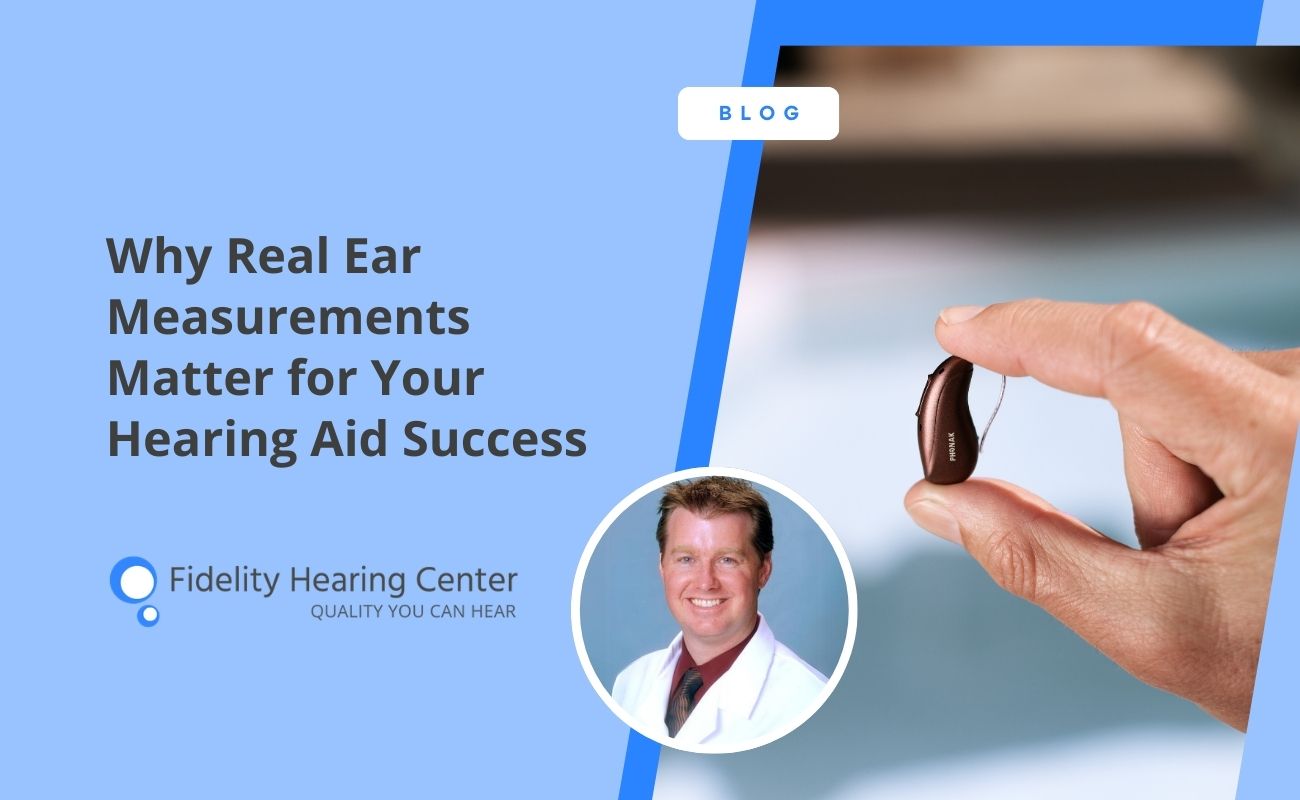In the United States, 60% of the workforce experiences some degree of hearing loss. Hearing loss may occur due to issues unrelated to workplace noise, though the US Department of Labor’s Occupational Safety and Health Administration (OSHA) has listed hearing loss as a leading occupational hazard in the past 25 years.
If you experience hearing loss, your employer is required to provide reasonable accommodations for you in the workplace. Reasonable accommodation means that the playing field for productivity and communication in the workplace is leveled between you and your colleagues without hearing loss.
From the job interview to day to day operations, we review the accommodations your employer is expected to provide for hard-of-hearing employees.
In the Interview Process
With federal policies in place to ensure equal opportunity, you are not required to disclose your hearing abilities with a potential employer. While you are interviewing, however, you are also able to request accommodations to help make the interview process easier.
It is estimated that the number of people seeking employment in the US has doubled in the past 15 years. During the course of the interview, you may ask for assistive listening devices or an interpreter. Keep in mind that due to federal regulations on equal opportunity, your potential employer is restricted in the questions they may ask you about your hearing loss.
Your employer may ask you how you are treating your hearing loss, and whether you are able to perform essential functions on the job. These questions include ones such as “Can you respond quickly to instructions in a noisy, fast-paced environment?” and “Do you have good communication skills?” and “Are you able to meet legally required safety standards to perform these duties?”
Answer these questions honestly; and remember that “Yes, with reasonable accommodation” is a valid response. You may look into reasonable accommodations as required by an employer on the Equal Employment Opportunity Commission’s website. Additionally, if you disclose your hearing loss after your potential employer has made an offer, they may only withdraw it if your hearing loss threatens the safety of yourself or others on the job.
On the Job with Hearing Loss
Our hearing abilities will change over time – whether we like it or not. Many hearing specialists recommend that people age 50 and above take annual hearing tests to monitor our hearing abilities. If you find that you are experiencing a hearing loss, are you required to tell your employers?
You are not required by law to notify your employers of this new condition. However, if you experience difficulties in the workplace due to lack of accommodations, it could benefit you to notify them and ask for reasonable accommodations. Again, reasonable accommodations “allow you to match the same performance levels as hearing co-workers in equal positions and enjoy the benefits/perks of employment available to other employees.”
In addition, the Americans with Disabilities Act of 1990 prohibits harassment on the job based on disability. Hearing loss is included in the ADA. If you are experiencing harassment by your superiors or colleagues on the job, you may file discrimination charges. Similarly, if you are demoted or lose your position based on your hearing loss, you may also file discrimination charges.
Hearing Aids in the Workplace
These days, hearing aid technology has come a long way. There are many technological advancements in hearing aid features that support people in many different lines of work. Digital processing platforms ensure that sounds are picked up, analyzed, and balanced at incredibly fast speeds, while wireless technology allows you to stream sounds from your phone or other electronic devices directly to your hearing aids, often using Bluetooth technology.
On a related note, workplace noise could contribute to hearing loss. If you work in a noisy occupation (construction, factory work, airports, dentistry, etc.), consider asking your employers about custom ear protection and annual hearing tests. OSHA has a set of requirements to control workplace noise, to protect employees from developing hearing loss on-the-job. Custom ear protection helps to reduce noise and the occurrence of noise-induced hearing loss. Annual hearing tests monitor your abilities and allow you to catch changes early.
The treatment of hearing aids reconnects you to the world around you, improves communication, and enhances your performance on the job. People with hearing loss treated by hearing aids tend to perform at the same level cognitively as people with normal hearing, according to a number of studies from Johns Hopkins University in Baltimore.
To learn more about hearing tests and hearing aids, contact us today at Fidelity Hearing Center.






.png)